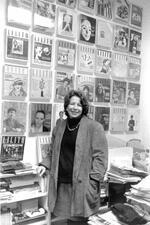
Lilith Magazine
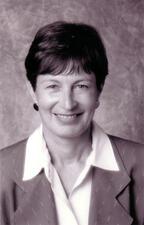
Belda Lindenbaum
Belda Lindenbaum was driven by the birth of her daughters to create new opportunities for Jewish women and girls.
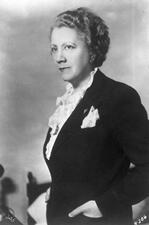
Irma Levy Lindheim
Irma Levy Lindheim was a colorful American Zionist millionaire, fund-raiser, and educator. Called “the grandmother” of the kibbutz for helping found and sustain multiple kibbutzim, Irma Levy Lindheim also made phenomenal contributions to fundraising and organizational efforts to create and maintain the fledgling State of Israel.
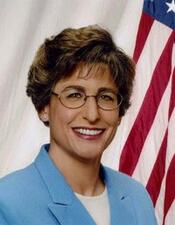
Linda Lingle
Linda Lingle was only the second Jewish woman to be elected a United States governor when she became governor of Hawaii in 2002. Previously serving on the Maui County Council and as Maui’s mayor, Lingle became Hawaii’s first woman and Jewish governor when she was elected.

Clara Lipman
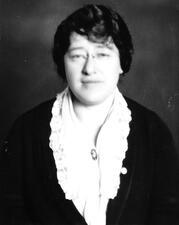
Ida Lippman

Lorna Lippmann
Lorna Lippmann (1921-2004) was an Australian researcher and educator who devoted much of her life to the promotion of Aboriginal rights. She was an activist, academic researcher, author, government advisor, and community relations practitioner. Aboriginal leaders praised her pioneering contributions.
Charlotte Lipsky
Charlotte Schacht Lipsky found an unusual balance between activism and pragmatism: on one hand, a follower of the revolutionary Emma Goldman, on the other, the owner of a successful interior decorating business. In her later years, she was involved in Hadassah and the Women’s American ORT, an organization that taught trade skills to Jews around the world.
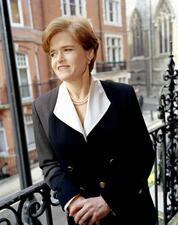
Deborah Lipstadt
Deborah D. Lipstadt is an American Jewish historian of issues surrounding understanding the Holocaust, ranging from reception of news of the extermination of European Jews to denial of the existence of the Holocaust. Lipstadt achieved renown for her defense against libel brought by David Irving, a British Holocaust denier. Her dramatic trial was transformed into a film starring Rachel Weisz.
Sarah Lishansky
A politically active nurse and midwife, Sarah Lishansky used her career to treat and care for workers in the Yishuv during the Second Aliyah.
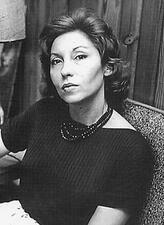
Clarice Lispector
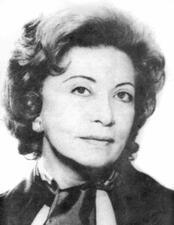
Elisa Lispector
Polish-born writer Elisa Lispector was nine years old when her family immigrated to Brazil in 1920. Alongside her successful career as a public servant, Lispector was a writer who published seven novels and three books of short stories. Her second novel is semi-autobiographical in its grappling with Lispector’s Jewish immigration story.
Literature Scholars in the United States
Jewish women have been among the key figures in literary scholarship in the United States in the postwar period. Those entering the profession in the 1950s faced more difficulties as women than they did as Jews. Today, Jewish women are found in all corners of the profession, from feminist and queer theory to administration, critical race studies, and beyond.
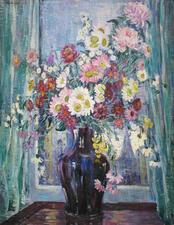
Dorothea Litzinger
Dorothea Litzinger was a talented painter, known for her paintings of flowers and landscapes. Although she died at the young age of 35, she was actively involved in her local community and a successful artist, who had many gallery exhibitions.
Alice Springer Fleisher Liveright
Social worker Alice Springer Fleisher Liveright devoted much of her life to working for equal rights for women and African Americans, and for social welfare for children and poor adults. Passionate in her quest for social justice, she served as president of the Juvenile Aid Society, president of the Philadelphia Conference of Social Work, and as the Pennsylvania State Secretary of Welfare.
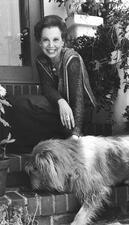
Myra Cohn Livingston
Both through her poetry and her teaching, Myra Cohn Livingston inspired children to explore the music of language. She eventually wrote more than twenty collections of as well as several books on writing poetry, serving as an inspiration for students to enjoy poetry.
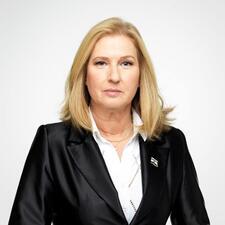
Tzipi Livni
Tzipi Livni is a politician, lawyer, and diplomat who has held the more government roles than any other woman in Israeli history. Widely respected for being judicious and resolute, Livni is most known for her long tenure in the Israeli Knesset with the Likud, Kadima, Hatunah, and Zionist Union parties, for her role as a leader in Israeli-Palestinian peace negotiations, and for her longstanding commitment to advancing international diplomacy.
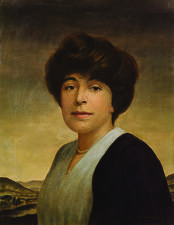
Adeline Moses Loeb
Johanna Loeb
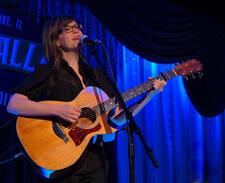
Lisa Loeb
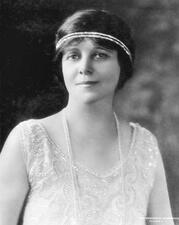
Sophie Irene Simon Loeb
At a time when widowed mothers often had no way to support their children, Sophie Irene Simon Loeb helped create support systems for needy children and their mothers. Loeb was one of many women to enter the political arena through reform work, using her life experience and a personalized approach.
Sadie Loewith

Hildegard Löwy
Born in 1922, Hildegard Löwy was the youngest member of the Baum Gruppe, a mainly Jewish resistance group against the Nazis. She had firm Zionist and pacifist principles and believed communism was the best way for Jews to obtain equal rights. Arrested in April 1942, Löwy tried to escape from prison but was ultimately convicted of Communist treason and executed in a Berlin prison.
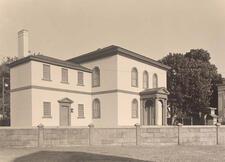
Rebecca Touro Lopez
Fannie Eller Lorber
When her community became a mecca for adults suffering from tuberculosis, Fannie Eller Lorber created a Jewish children’s home for those who had no one else to care for them. Lorber epitomized the volunteer spirit of urban Jewish women in the American West.


